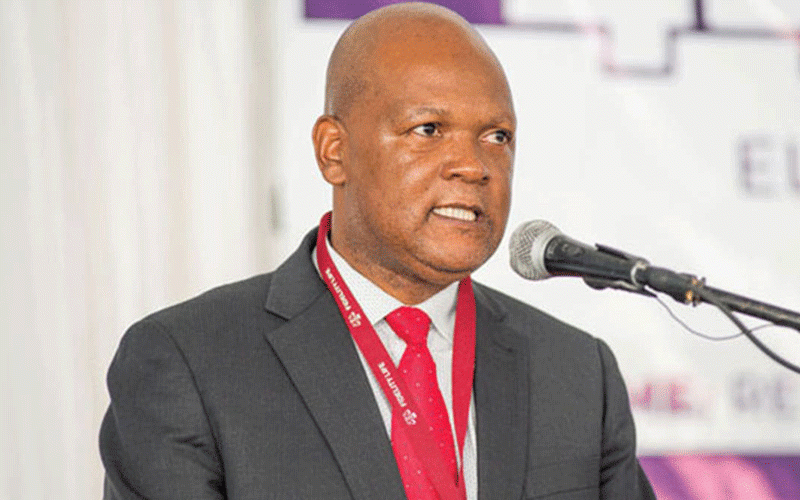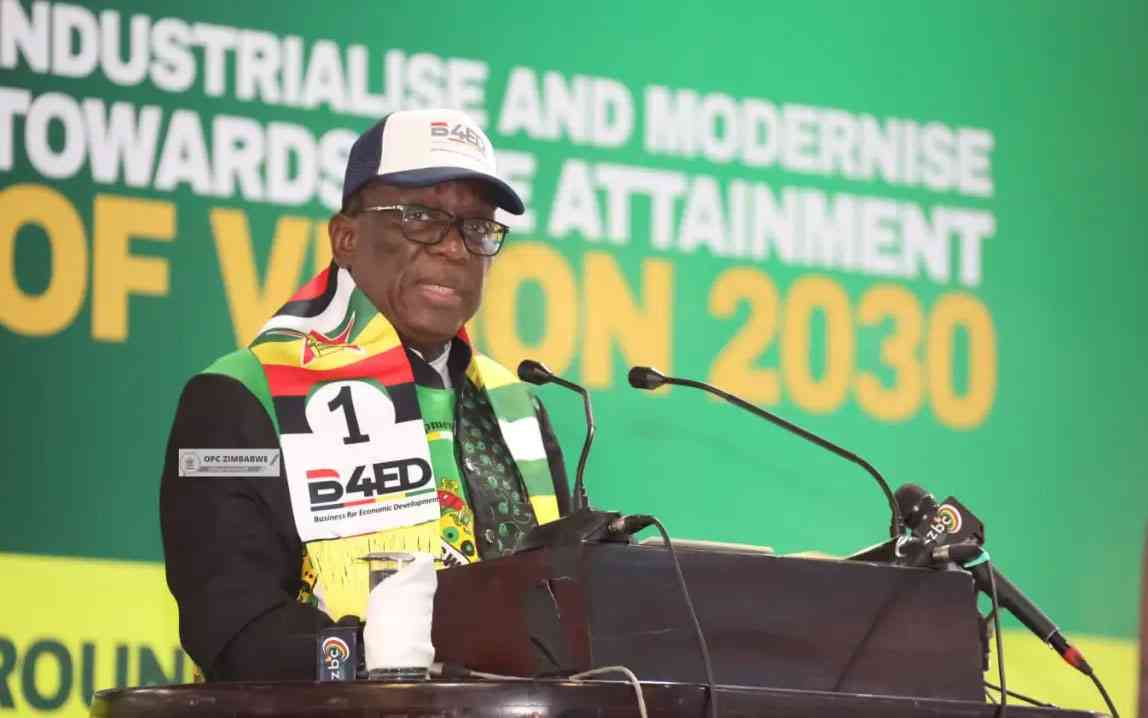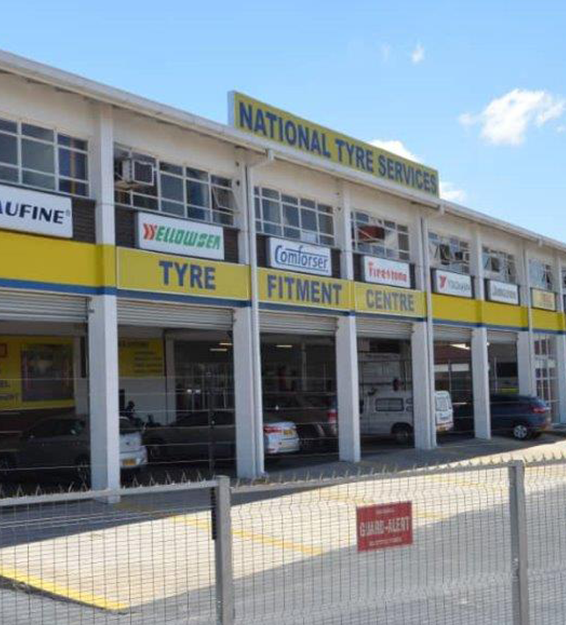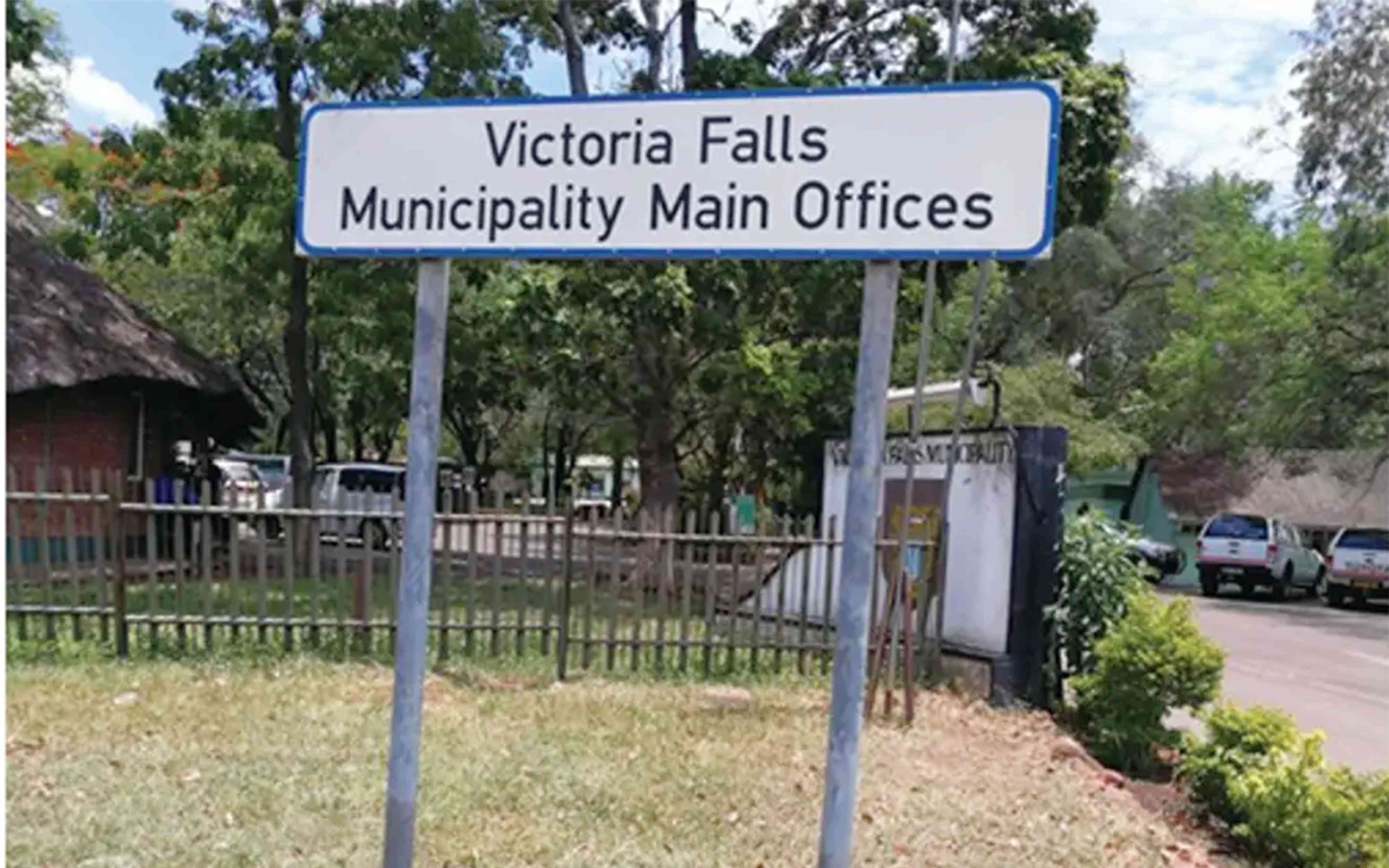
THERE have been numerous developments on Zimbabwe Stock Exchange (ZSE) subsidiary Victoria Falls Stock Exchange (VFEX) with a number of listings lined up before year-end. The Zimbabwe Depository Receipts (ZDR) for Nedbank shareholders which will be listed on the foreign currency denominated VFEX in a non-issuer sponsored depository model expected to list this month. ZSE chief executive officer Justin Bgoni (JB, pictured) in an interview with Senior Reporter Melody Chikono (MC) told the Independent that exciting times were beckoning for the bourse with a total of 10 listings expected on the platform this year. Below are excerpts of the interview:
MC: Can you take us through the upcoming Zimbabwe Depository Receipts (ZDR) listing?
JB: When Old Mutual listed last time they gave shareholders Nedbank and Quilter shares. Those shares have been sitting with Zimbabwean shareholders and if you wanted to sell them you had to go through Johannesburg Stock Exchange (JSE). If you wanted to buy them there was no forum to buy. What this meant was that those shares had been introduced in number as people sold them and secondly it was an expensive process because they pulled their shares together and then sold them. It is worse for people with less than 100 shares. About 24 000 Zimbabweans have less than 100 Nedbank shares, so for them it is not economic to sell them at the moment. This is the forum that helps to sell these shares.
MC: So what does this listing mean to you?
JB: One of the things that people have been struggling with on VFEX was that there are places where they can leave their money and they don’t leave a count. When you buy you leave a count and you just need to be able to buy another one. It just helps in terms of people creating their portfolios. For an exchange to be relevant there should be as many listings as possible. It is a quality asset that is in our bourse.
MC: The pre-listing statement mentioned that it was listed as a non-issuer-sponsored facility. What does that mean?
JB: When you do a facility like this one, sometimes you get the issuer sponsoring it in the sense that they provide money and everything to be done. On this one, CorpServe is doing it on its own. Nedbank is not helping them but it issued a letter of no objection. They are saying it's okay you can go ahead but they are not assisting in terms of money but they are not against it. Nedbank is aware of it but it has nothing to do with Nedbank but the shareholders.
MC: What is the value of shares going to be on VFEX
- Nedbank Zim profit surges
- Stop clinging to decaying state firms
- Nedbank boosts Tour de Great Dyke
- Piggy's Trading Investing Tips: De-risking mining projects
Keep Reading
JB: That depends on how many people will move their shares across. I stand to be guided but I think the whole portfolio is worth about US$25 million.
MC: What are the expectations on this listing in terms of performance?
JB: What we want is for people to move their shares across because it helps and there is a process to say if you want to do it, this is how you do it . There is a form that you need to fill in, how long it takes and other conditions. We are hoping that it will perform well and this is about perception and Nedbank is a good share. It should perform like the Nedbank share in South Africa.
MC Talking about perception, how has it been for VFEX and the counters listed there?
JB: The perception is good. We are bullish that VFEX is going to grow. If you look at the value proposition of VFEX, it is a good one. It is good for the shareholders and it is good for the company.
MC: It has been four years and we have only four listings. You will agree with me that this has been slow against the initial anticipation. What have been the drawbacks?
JB: A listing takes a long time. For a person to decide and then go through the whole process and then list it can take up to nine months. The pipeline we have of people who want to list on VFEX is strong. We are happy with what we are seeing and we know they are coming to VFEX. We are comfortable with the fact that we have a strong pipeline. The timing might be the problem but I think we might be around 10 by year-end. I am worried about timing and it might spill into January. We have about three who have confirmed coming. We have Nedbank shareholders, Karo Resources, GetBucks is supposed to come, Simbisa is coming then we are working towards four other Exchange Traded Funds (ETFs) . These are definite ones.
MC: You have listed a number of ETFs this year. What is your comment on their performance?
JB: They have reflected the performance of the exchange and they have been well received. They are doing well. We are expecting more and some international shares. There is someone who is bringing an ETF where you can buy American shares. They are working on it and I think it can spill into next year. It is going to be listed on VFEX and will give Zimbabweans international exposure. You don’t need to go there and it is difficult to get a foreign broker to open an account when you are in Zimbabwe. The sanctions situation is a problem. It is difficult when you are a Zimbabwean to have that exposure outside the country. So the ETF will be holding the shares.
MC: What can you say about the onboarding of foreign investors on VFEX so far?
JB: This is a matter of people getting more confidence but this is not just a VFEX thing but a Zimbabwean thing. I think people need to get comfortable but in terms of interest, I think we are getting interest from foreign investors on VFEX and one of the things we are looking at is how we can improve the network to pull foreign investors.
MC: What is the current status of foreign investors on the Zimbabwe Stock Exchange (ZSE). How are they handling issues of dividend remittance?
JB: There is definitely an improvement with the willing buyer and willing seller when they find it or the auction but it is not as easy as it should be. What we have been doing on ZSE, which we will carry on to VFEX, is that they are getting their dividend in US dollars. As more and more ZSE companies pay USD dividends, that has helped. They are now comfortable in Zimbabwe as quite a few companies have made such declarations.
MC: You say it’s not as easy as it should be. What are the issues?
JB: It is just a matter of foreign currency shortages in Zimbabwe. You have to go through a lot to get it.
MC: What has been the performance of your securities depository?
JB: We are happy with the performance but it could be better. What is stopping is the litigation with Chengetedzai Securities Depository. We hope the litigation will be over and more people will be free to move.
MC: We have noticed that people have been slow in dematerialising their shares and there is no law that compels them to do so. How are you planning to go around that?
JB: Dematerialisation tends to be a challenge with big investors. You find out that they are the ones who prefer keeping their share certificates and part of it is that they don’t want to be known. So it is a privilege that comes with not dematerialising and it affects the percentage. However, on our side, for the new companies that are listing, we are trying as much as we can to get them 100%. Getting new companies 100% is easier than getting the old ones. The big pension funds don’t demat but keep their share certificates. It affords them privacy.
MC: What is the general ZSE, VFEX performance and outlook in the last two months of the year into the next year?
JB: In the next two months we will be monitoring the 40% capital gains tax which has been enacted and we think it is going to pull down the market. On ZSE we are not bullish. We remain bullish on VFEX. It may take time but we like the way we are going. If you noticed, there were days when the turnover and trades on VFEX have been ticking up. There are days when VFEX with four counters has more trades than ZSE. On ZSE the pipeline we like was on REITs (Real Estate Investment Trusts) and we hope it’s not affected by this 40% issue. When there is no demand for shares people cannot list. There must be demand for shares for you to list your company but we had a good pipeline on REITS.










